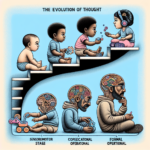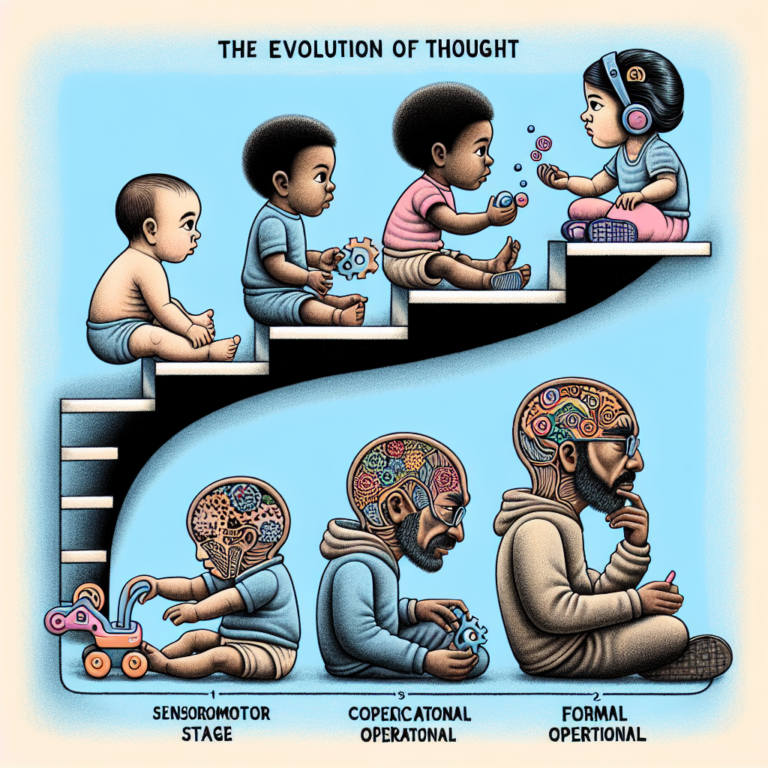
Introduction
Education is a powerful tool, and when it comes to special education, the stakes are even higher. Teachers face unique challenges in the classroom, particularly when supporting students with diverse needs. "Empowering Teachers: Professional Development in Special Education" is not just a catchphrase—it’s a vital approach that reshapes the learning experience for both educators and students alike. In this article, we’ll explore how empowering teachers through focused professional development can lead to transformative classroom environments, promoting both academic achievement and emotional well-being for students with special needs.
The Significance of Professional Development
Understanding Professional Development
Professional development is more than just a series of workshops or training sessions; it’s an ongoing process aimed at enhancing educators’ skills and knowledge. In the realm of special education, this development needs to be even more nuanced. Effective professional development programs empower teachers by providing them with tools, strategies, and insights tailored to manage the unique challenges faced by students with disabilities.
The Demand for Skilled Special Education Teachers
With an increasing number of students requiring special education services, there’s a pressing need for well-trained educators who can cater to diverse learning styles. According to the National Center for Education Statistics (NCES), over 7 million students, or approximately 14% of all public school students in the U.S., receive special education services. This statistic underscores the importance of empowering teachers through robust professional development in special education.
Case Study: The Full Inclusion Model in Action
In a school district in California, administrators focused on empowering teachers through a comprehensive professional development initiative centered around the Full Inclusion Model. The result? A notable improvement in collaboration between general and special education staff, leading to enhanced student engagement and achievement.
Analysis of the Case Study
This case reveals that when teachers feel supported—by not only training but also collaboration with peers—they’re more equipped to handle diverse classrooms. This practical application of the Full Inclusion Model exemplifies how strategic professional development can serve as an empowering tool.
Key Components of Empowering Teachers: Professional Development in Special Education
1. Ongoing Training
Professional development shouldn’t be seen as a one-time event. Ongoing training ensures that teachers remain current with the latest methodologies, technologies, and legal changes affecting special education.
- Table 1: Effective Ongoing Training Models
| Model | Description | Benefits |
|---|---|---|
| Workshops | Short sessions focused on specific skills/Viewpoints | Immediate application in classrooms |
| Online Courses | Flexible learning opportunities | Accessibility for all teachers |
| Peer Mentoring | Experienced teachers guide their peers | Building a collaborative culture |
2. Collaborative Learning Communities
Teacher collaboration is crucial. Learning communities foster an environment where educators can share experiences, strategies, and challenges related to special education.
3. Incorporating Family Feedback
Involving families in the professional development process is vital. After all, parents and caregivers offer invaluable insights about their children’s needs, and their inclusion can provide teachers with a well-rounded understanding of each student.
4. Focus on Emotional Intelligence
Empowering teachers in special education also means equipping them with emotional intelligence skills. Understanding the emotional and psychological needs of students can transform teaching methods and improve learning outcomes.
Case Study: Emotional Intelligence Training in Action
A New York school district implemented an emotional intelligence training program for all educators. They observed a significant reduction in conflicts and a boost in student-teacher relationships, illustrating how professional development that emphasizes emotional intelligence can positively impact the learning environment.
Analysis of the Case Study
The successful outcomes from this initiative highlight that when educators are equipped to manage emotions effectively—both their own and their students’—classroom dynamics improve significantly. This is a crucial aspect of empowering teachers: Professional Development in Special Education.
The Role of Technology in Professional Development
Technology-Driven Resources
The integration of technology can significantly enhance professional development for special education teachers. Online platforms, webinars, and virtual workshops enable educators to access resources and training irrespective of geographical boundaries.
- Chart 1: Technology Tools for Empowering Teachers
| Tool | Purpose |
|---|---|
| Webinar Series | Live training on recent developments in special education |
| Online Forums | Create community discussions and share resources |
| Learning Management Systems | Track professional development progress |
The Significance of Data-Driven Decision Making
Utilizing data analytics to inform professional development can lead to more effective strategies. Teachers can assess their progress and identify areas that require further focus.
Case Study: Using Data to Drive Professional Development
An Ohio school system analyzed student outcomes against teacher training programs. They discovered that targeted professional development aligned with students’ needs produced significant improvements in academic performance.
Analysis of the Case Study
This case underscores the importance of data-driven approaches in the professional development of special education teachers. By directly correlating training with student achievement, school systems can optimize programs for maximum impact.
Overcoming Barriers to Professional Development
Identifying Common Barriers
Despite the clear benefits, several barriers prevent teachers from accessing effective professional development. Identifying these barriers is essential for empowering teachers.
- Time Constraints: Teachers often juggle multiple responsibilities, making it difficult to dedicate time to development.
- Funding: Many professional development programs lack adequate financial backing.
- Access to Resources: Not all educators have equal access to high-quality training.
Strategies to Overcome These Barriers
- Implement “micro-credentialing,” allowing teachers to earn certifications for completing smaller segments of training.
- Establish partnerships with universities and organizations focused on special education to gain access to funding and resources.
- Utilize technology for on-demand training options, accommodating teachers’ schedules.
Conclusion: The Journey Ahead
Empowering teachers through professional development in special education is a continuous journey. It demands commitment from educational leaders, policymakers, and the teachers themselves. By investing in quality training, we can create an educational environment that not only meets the needs of students with special needs but also uplifts the educators who serve them.
FAQs
1. What is the purpose of professional development in special education?
Professional development in special education aims to equip teachers with the necessary skills, knowledge, and resources to effectively support students with diverse learning needs.
2. How can teachers access professional development resources?
Teachers can access professional development through online courses, local workshops, webinars, and peer mentoring programs.
3. Why is collaboration important in professional development?
Collaboration promotes shared learning experiences and allows teachers to discuss challenges, share strategies, and support each other in their professional growth.
4. How often should teachers engage in professional development activities?
Ongoing professional development is essential. Teachers should continuously seek opportunities throughout their careers to stay updated on best practices.
5. What role do families play in the professional development of special education teachers?
Families provide critical input on their children’s needs and can assist teachers in understanding the unique challenges their students face, making their involvement invaluable.
In summary, the theme "Empowering Teachers: Professional Development in Special Education" highlights the transformative potential of well-structured and meaningful teacher development initiatives. It’s imperative to view this development as a shared journey towards fostering inclusive, effective, and supportive educational environments for all learners. By committing to this cause, we make strides towards a brighter future—one where every student can flourish.

















